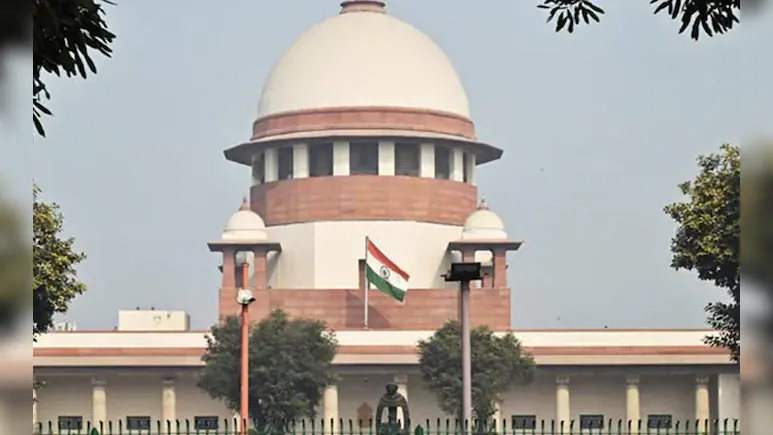The Supreme Court is set to hear on Thursday a series of petitions challenging the Election Commission’s Special Intensive Revision (SIR) of the voter list in poll-bound Bihar. While the court acknowledged the urgency of the matter and agreed to an expedited hearing, it declined to halt the ongoing revision exercise.
The petitions, filed by a group of political leaders and civil society organizations, argue that the revision could potentially disenfranchise lakhs of voters just months ahead of the Bihar Assembly elections. The petitioners include Rashtriya Janata Dal (RJD) MP Manoj Jha, Trinamool Congress MP Mahua Moitra, former MLA Mujahid Alam, activist Yogendra Yadav, and organizations like the Association for Democratic Reforms and the People’s Union for Civil Liberties.
Representing the petitioners, senior advocates Kapil Sibal, Abhishek Manu Singhvi, Shadan Farasat, and Gopal Sankaranarayanan pressed for immediate intervention, warning that the revision process may disproportionately impact women, the underprivileged, and other vulnerable sections. “This exercise threatens to delete lakhs of genuine names from the voter list,” argued Mr. Sibal.
What Is the Special Intensive Revision?
Launched on June 24, the Special Intensive Revision is aimed at updating Bihar’s voter list by adding eligible new voters and removing ineligible entries. The last such revision in the state occurred over two decades ago, in 2003.
The Election Commission has cited reasons such as rapid urbanization, youth turning 18, unreported deaths, migration, and the inclusion of foreign nationals to justify the urgency of the exercise.
How Will the Revision Be Carried Out?
Booth Level Officers (BLOs) will conduct house-to-house surveys to verify voters’ documents. The Commission claims the process will adhere strictly to voter eligibility laws and ensure no harassment of vulnerable groups, including the elderly, differently-abled, poor, and sick individuals.
Political parties have been urged to assist in identifying and resolving discrepancies before finalizing the revised voter roll.
Political Battlelines Drawn
The revision has sparked a major political face-off. Opposition parties, particularly the Congress and RJD, have slammed the timing and execution of the process.
The Congress has voiced concerns over potential misuse of state machinery, stating, “Lakhs of state and union government officials now hold the power to decide who has the correct documents and who doesn’t. This opens the door to willful exclusion of voters.”
Tejashwi Yadav, Leader of the Opposition in Bihar, went a step further, calling the revision a “conspiracy.” He questioned the feasibility of completing such a massive revision within a compressed timeline, especially when 73% of the state is currently flood-affected.
“The last time this was done in 2003, it took two years. Now, the Election Commission aims to finalize a list of 8 crore voters in just 25 days before the poll notification,” said Yadav.
BJP Defends the Move
In contrast, the BJP—which is part of Bihar’s ruling coalition—has supported the revision, claiming it is essential for ensuring the integrity of the electoral process.
BJP leader and Bihar minister Nitin Nabin countered the criticism, questioning the motives of the opposition. “If fake voters are being weeded out, why is the Congress worried? Are you trying to win elections through bogus votes?” he asked.
As the political storm intensifies, all eyes will be on the Supreme Court’s proceedings on Thursday, where a decision could significantly shape the electoral landscape of Bihar in the coming months.



